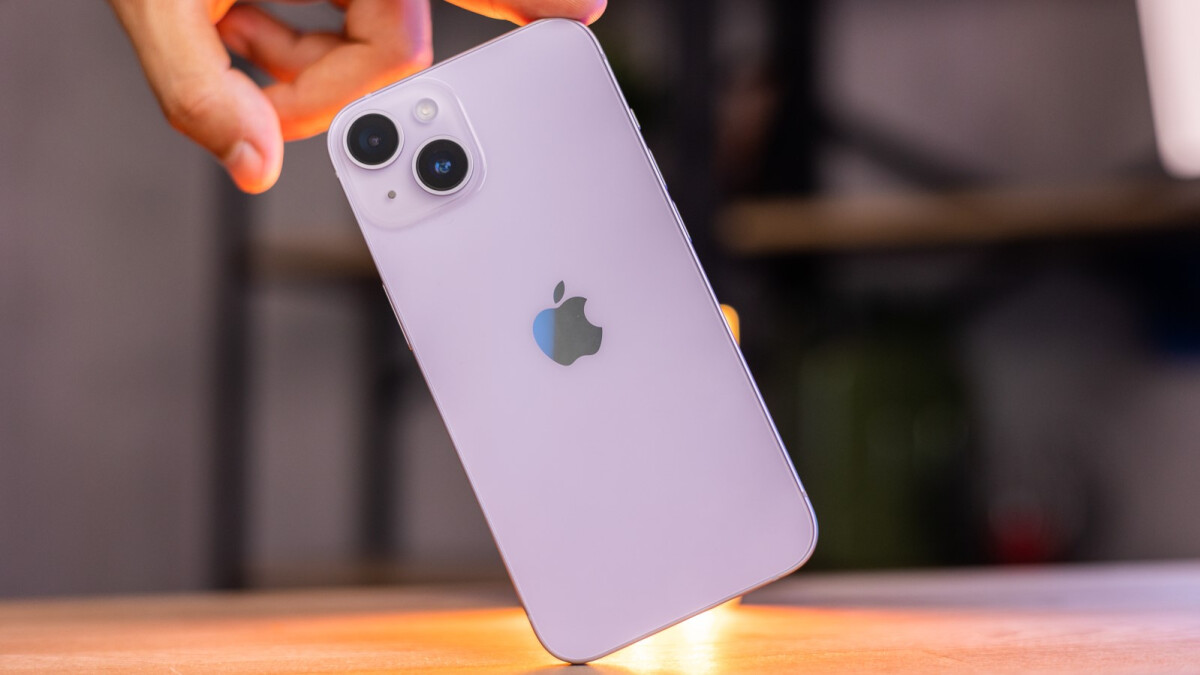
Apple intends to restrict the USB-C port on the iPhone 15 in the same manner as Lightning
- Technology
- February 13, 2023
According to a rumor that was spread on Weibo, the USB-C port on the iPhone 15 and iPhone 15 Pro, as well as the charging cables that come with them, will have an authenticator chip that looks like one from Lightning. This could make it harder to use the devices with accessories that are not approved by Apple.
A user claims to be an integrated circuit expert with 25 years of experience working on Intel’s Pentium processors, and the rumor states that Apple has developed its own version of USB-C for the iPhone 15 lineup this year.
The semiconductor chips that manage the sharing of information between devices are referred to as integrated circuit (IC) interfaces. Since 2012, first-party and MFi-certified Lightning ports and connectors have contained a small integrated circuit (IC) that verifies the authenticity of the connected components. For instance, third-party charging cables that are not MFi-certified lack this chip, resulting in “This accessory is not supported” notifications on connected Apple devices frequently.
Apple uses the authenticator chip to combat counterfeit and potentially hazardous accessories, as well as to earn a commission on MFi-certified accessories and to encourage customers to purchase genuine iPhone peripherals.
The most recent rumor seems to suggest that Apple has developed a custom IC that is comparable to what is used for the USB-C ports on the iPhone 15 and iPhone 15 Pro, as well as, most likely, its charging cables. The new integrated circuit appears to be destined for brand-new MFi-certified peripherals in addition to the iPhone 15 lineup.
It is important to note that the USB-C interface that Apple uses in the 10th-generation iPad, iPad mini, iPad Air, and iPad Pro does not include an IC chip for authentication. This would be the first time the company has offered ports of this kind.
It is possible that Apple will restrict features like fast charging and high-speed data transfer to cables that have been certified by MFi and Apple. However, it is not clear whether this addition will have any significant effects on the functionality of the new devices.
Ming-Chi Kuo, an Apple analyst, claims that the USB-C port on the iPhone 15 and iPhone 15 Plus will continue to be limited to USB 2.0 speeds, just like the Lightning port. Apparently, faster charging speeds will only be available for the iPhone 15 Pro and iPhone 15 Pro Max models. Therefore, the only significant difference between Lightning and USB-C on the standard iPhone 15 models may simply be the connector’s physical shape.
Although both iPad models have a USB-C port, the 10th-generation iPad is limited to USB 2.0 speeds of up to 480 Mbps, while the iPad Pro offers fully fledged Thunderbolt speeds of up to 40 Gbps. This would effectively mirror the split between the entry-level iPad and the iPad Pro.